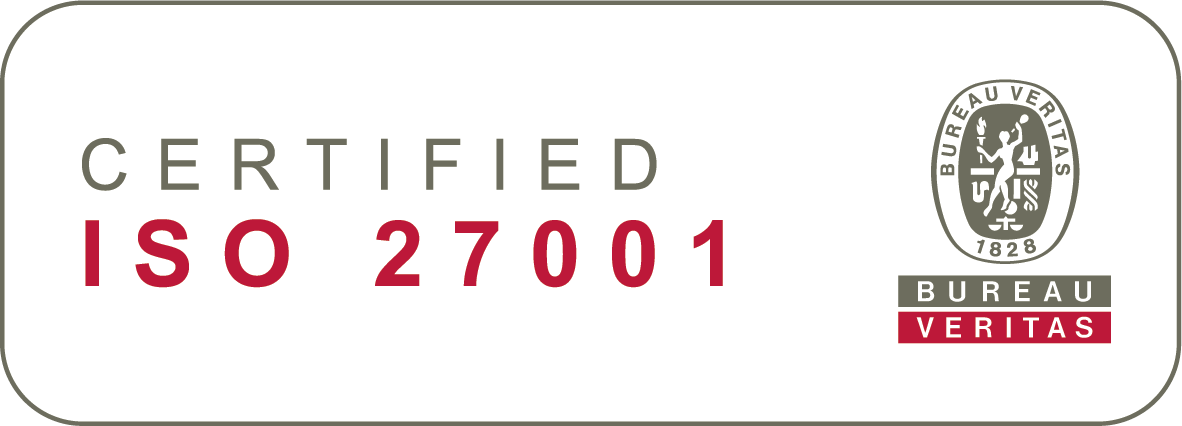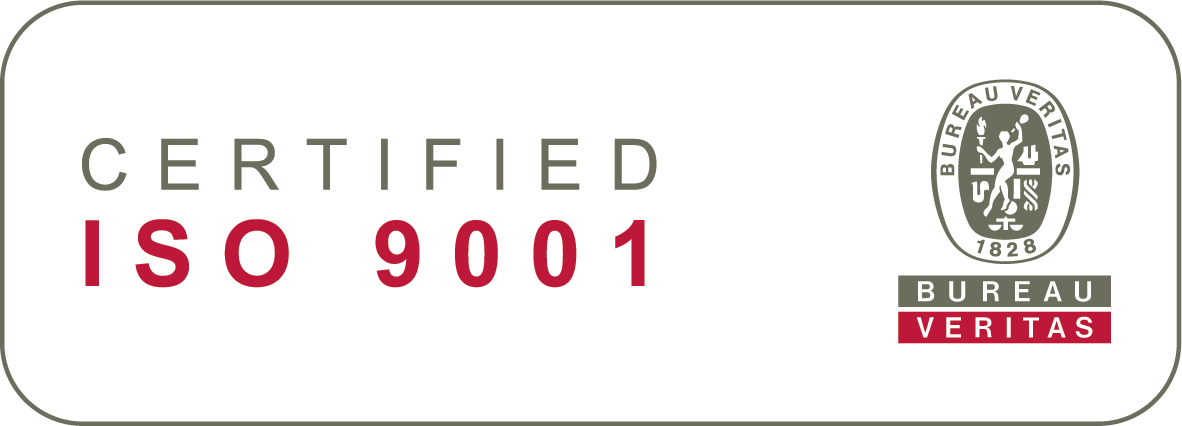The European Union Time Registration Directive represents a significant shift in the way work hours are recorded and managed across member states. While most HR teams view the directive a regulatory compliance issue, it actually presents a real opportunity for businesses and HR departments to enhance their employer branding and promote employee wellness. We’ll explore this further below.
The EU Time Registration Directive – in short
This directive mandates that employers in the EU are required to set up an objective, reliable, and accessible system to record the working hours of their employees. This system is designed to ensure compliance with labour laws, particularly those pertaining to working hours, rest breaks, and overtime. The goal is to protect employees from overwork and ensure they receive fair compensation for their time.
Essential reporting metrics
Companies are expected to track and report several key metrics, including:
- Total Working Hours: the exact number of hours worked by each employee.
- Overtime Hours: hours worked beyond the standard workweek.
- Rest Breaks: duration and frequency of breaks taken by employees.
- Leave and Absences: record of leaves, including sick leave, personal time off, and vacation days.
How all this related to employee wellness - and employer branding
While it may initially seem like simple time registration metrics may seem like top-down monitoring with no direct, positive employee-facing impacts, this isn’t true. Dig a little deeper, and the following key impact areas become apparent:
- Transparency and trust: a clear and fair time tracking system enhances the company's reputation as an ethical and transparent employer. This transparency fosters trust and strengthens employer branding.
- Employee empowerment: Employees have clear visibility of their work hours, which empowers them to manage their time more effectively and advocate for a better work-life balance.
- Reduction in burnout: By monitoring work hours and ensuring compliance with labour laws, companies can significantly reduce instances of overwork and burnout. This leads to a healthier, more sustainable working environment.
- Data-driven wellness programs: The data collected can be used to identify patterns that may indicate a risk of burnout or stress – within departments, during exceptional circumstances, and across ghettos annual HR cycle. Companies can then tailor their wellness programs to address these specific areas, offering more targeted support to their workforce.
- Attracting talent: A strong focus on employee wellbeing and work-life balance is a highly attractive, promotable aspect of a company’s culture Companies that embrace these principles are likely to attract top talent who value these aspects in their workplace.
Finally...
A compliance requirement it may be, but the EU Time Registration Directive offers businesses and HR departments a unique opportunity to reinforce positive workplace culture. By focusing on transparency, employee wellbeing, and a sustainable work environment, companies can enhance their employer brand and create a more supportive and engaged workforce. This proactive approach to employee wellness is not just a legal obligation – it is a strategic advantage in today’s competitive talent market.
Which EU Directives matter for HR?
Swathes of EU legislation are coming into effect in many EU member states. From compliance to competitive advantage, we've identified the key focus areas for HR professionals looking to connect people with strategy.


